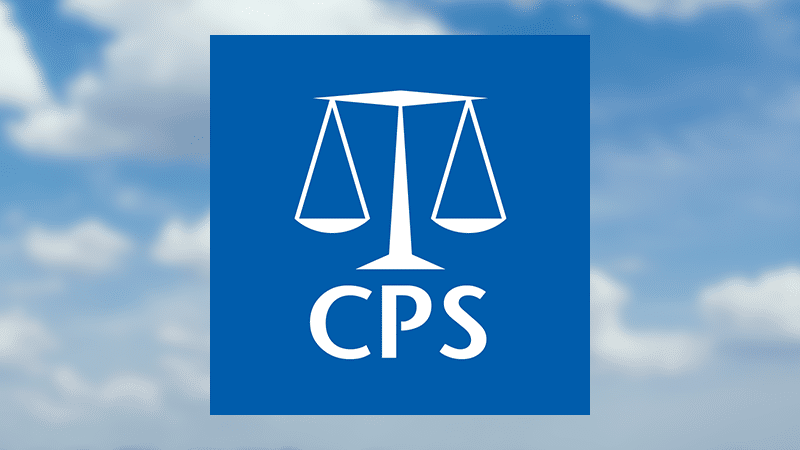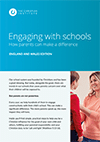If a pupil believes they have been excluded from a friendship group because of their sexual orientation, it could be a ‘hate crime’ according to the Crown Prosecution Service (CPS).
The new guidance for schools was written by the CPS alongside LGBT activist groups Gendered Intelligence and Stonewall.
Other examples of potential “anti-LGBT+ hate crime or LGBT+ hate incidents” it puts forward include “rejecting someone” and “not wanting to work with them”.
Perception
The CPS defines hate crime as: “Any criminal offence which is perceived by the victim or any other person, to be motivated by a hostility or prejudice based on a person’s race or perceived race; religion or perceived religion; sexual orientation or perceived sexual orientation; disability or perceived disability and any crime motivated by a hostility or prejudice against a person who is transgender or perceived to be transgender.”
The document states that the CPS regards homophobic and transphobic hate crimes as “particularly serious”.
The new guidance also tells schools they could face legal action if they refuse to allow a male pupil access to female changing rooms.
Chris Long, the CPS national lead on hate crime, said the guidance would “educate” children and young people and support victims in reporting ‘transphobic abuse’.
’Hierarchy of hate’
Parent group Transgender Trend disagreed.
It said: “The updated CPS Hate Crime guidance for schools establishes a hierarchy of hate and creates a school culture where any child may be criminalised if their speech or behaviour is perceived by another pupil as hate.”
Its founder Stephanie Davies-Arai also criticised the document for suggesting “that single sex spaces are unlawful”.
’Alarming’
Sarah Phillimore, a barrister who specialises in public law and child protection, described the guidance as “extremely alarming”.
She added that a “clear incentive” is being set to “encourage students to report one another’s behaviour or for a teacher to feel under pressure to refer it on to the police”.
It is the second time in recent months the CPS has caused controversy over its LGBT guidance.
Last year it told prosecutors to “address trans victims, witnesses and defendants according to their affirmed gender and name” and to use that gender and related pronouns “in all documentation and in the courtroom.”


